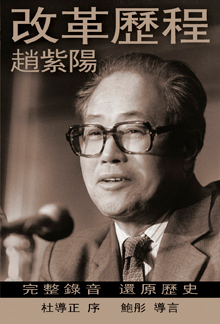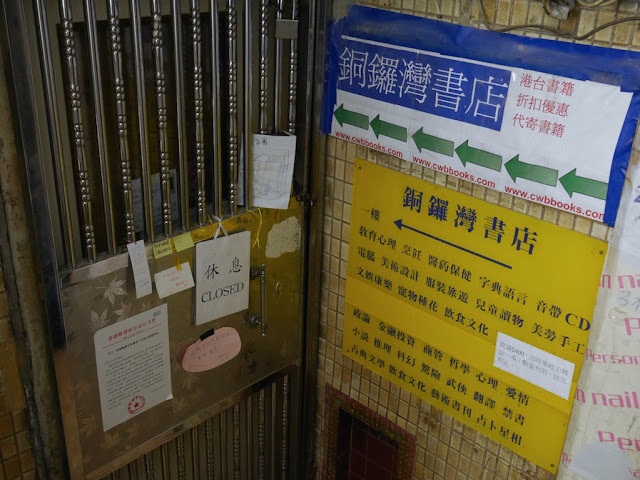The troubling discovery was made when two IPA representatives joined a five-strong delegation to Hong Kong from 2 to 5 November for a visit that culminated in the launch of a new PEN America report into the abductions.
IPA’s Director of Communications and Freedom to Publish, Ben Steward, and Executive Committee director Trasvin Jittidecharak, the founder of Thai publishing house Silkworm Books, took part in a four-day programme of meetings with figures from Hong Kong’s political, academic and publishing spheres.
It was the first IPA visit to Hong Kong since the forced renditions and subsequent incommunicado detentions of the men, named Lui Por, Gui Minhai, Cheung Chi-ping, Lam Wing-kee and Lee Bo, which took place in Hong Kong, Thailand and Mainland China in late 2015. Today, four of the five have been released, while Swedish citizen Gui Minhai remains in mainland Chinese custody, more than a year after being snatched from his holiday home in Thailand.
Along with his wife Renee Chiang, Hong Kong-based political commentator, human rights activist and publisher Bao Pu founded New Century Press, a small yet bold publishing house specializing in works about Chinese politics that are banned on the mainland.
Bao, who participated in the Tiananmen Square protests in 1989 before fleeing to the US, draws a clear line between his works and those of Mighty Current, the publishing house co-owned by Gui Minhai that supplied Causeway Bay Books. While Mighty Current turned out thinly-sourced salacious potboilers about members of the Chinese Communist Party (CCP), Bao’s focus is on more serious, cerebral works.  One of his first major publications, for instance, was the secret memoirs of deposed Communist Party chief, Zhao Ziyang (pictured right).
One of his first major publications, for instance, was the secret memoirs of deposed Communist Party chief, Zhao Ziyang (pictured right).
Bao told the IPA his output had fallen from a rate of one book per month to just four in 2016, something he attributes to the booksellers’ abductions within the broader context of Xi Jinping’s strategy, called the Southern Hill Project, to prevent ‘dangerous’ Hong Kong publications reaching Mainland China.
During PEN America’s report launch at the Hong Kong Foreign Correspondents Club Bao gave a presentation in which he explained the structure and impacts of the Southern Hill Project, information about which is publicly available in China.
‘Fear around the Causeway Bay incident has hit our industry hard this year,’ he said. ‘Writers won’t write these books anymore, bookstores won’t stock them and the Chinese tourists that made up the bulk of our customer base are afraid to buy them. The decline started right after Xi came into power, before 2015, so it’s more complicated than just the Causeway Bay Book store kidnappings, but that incident certainly precipitated the decline.’

Despite everything, Bao remains optimistic that business will eventually improve, predicting that the intensity of Chinese interest in Hong Kong’s publications will weaken in time.
Even so, there is still an all-pervading fear of Chinese jurisdictional overreach throughout Hong Kong, according to Lam Wing Kee, the former manager of Causeway Bay Books. Lam was detained, blindfolded and handcuffed by at least 10 officers as he crossed from Hong Kong to Shenzhen to see his girlfriend on 24 October 2015. He told the IPA he lived in daily fear for his freedom, having declined to report back to Chinese police as required after his release.
Speaking through an interpreter, he said: ‘I’m always afraid I’m being followed, especially since I had the Hong Kong Police lift their protection detail – it got too intrusive to live life normally. The Chinese police wanted me to keep working in the bookstore and monitoring any Chinese customers buying banned books. But I refused. I no longer work in the book business; I just do some blogging, writing commentary on various issues.’
In addition, the IPA delegation met numerous key people from the semi-autonomous city’s recent, turbulent past, including Joshua Wong and Nathan Law, who spearheaded the 2014 Umbrella Revolution; law professor Benny Tai, who initiated the Occupy Central campaign in January 2013 to demand universal suffrage; and Anson Chan, the former Chief Secretary of Hong Kong under both the British colonial system and the Chinese sovereignty that replaced it.

